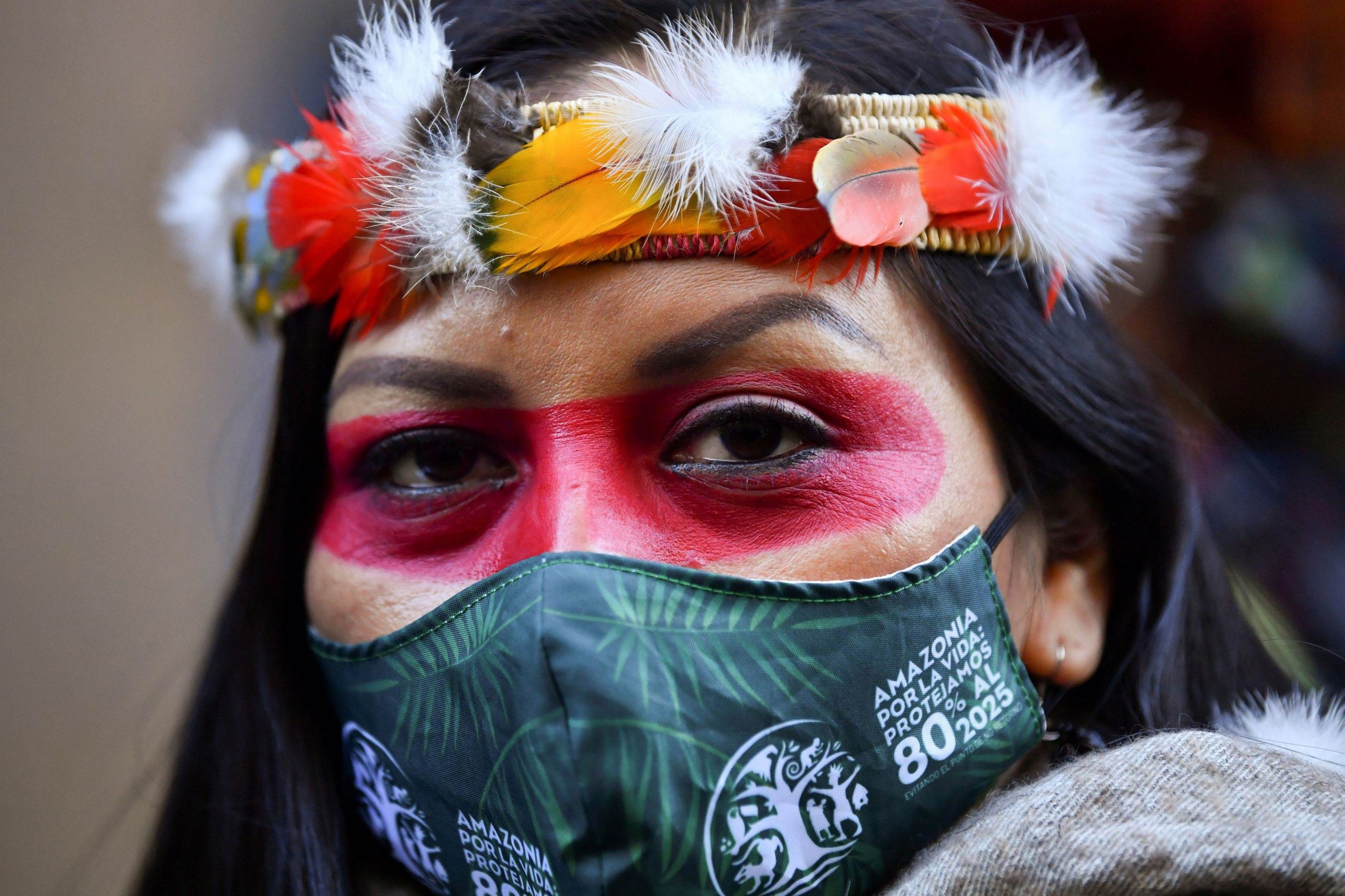Ahead of next week’s United Nations COP28 Climate Summit to be held in the United Arab Emirates Dubai, activists, researchers and organizations are urging policymakers to respond to what they say is climate change’s disproportionate impact on women and girls.
“With extreme weather events increasing throughout the world, women and girls are more exposed to hardships, including food insecurity and risks of poverty and violence,” says UN Women. This is because climate change is a ‘threat multiplier’ that amplifies existing gender inequalities and poses unique threats to the livelihoods, health and safety of women and girls, according to the organization.
Moreover, as social, political and economic tensions increase in fragile and conflict settings, women and girls are increasingly exposed to “all forms of gender-based violence, including conflict-related sexual violence, human trafficking, child marriage, and other forms of violence,” UN Women explains.
‘Gender and Climate Change’ is item 13 on this year’s COP 28 Agenda. As a cross-cutting theme, it runs through all four key pillars of the summit: namely, the energy transition, climate finance, making COP inclusive, and putting nature, people, lives, and livelihoods at the heart of climate action. Several special events on ‘Gender and Climate’ have also been planned at which the complex nexus between gender, just transitions, financing and empowerment will be explored.
As a topic, ‘Gender and Climate Change’ was added to the COP agenda in 2014 through the ‘Lima workplan on gender.’ Recognizing the significance of gender-specific issues relating to climate change, the workplan seeks to ensure policymaking processes and bodies are gender-balanced, and that gender-related data is recorded and reported. Unfortunately, this year’s progress reports on these key priorities show progress has stalled and, in some cases, even regressed.
Reports on broader issues related to gender equality, which is Sustainable Development Goal 5 (SDG), reveal that while there is marginal improvement in Europe, still much work is to be done. “More girls are going to school, fewer are forced into an early marriage, more are serving in parliament and positions of leadership, and laws are being reformed to advance gender equality,” says the United Nations Regional Information Center for Western Europe. But, discriminatory norms remain prevalent, there are insufficient numbers of women in leadership, and an average of 1 in 5 women and girls between 15 and 49 report sexual violence by an intimate partner within a 12 month period.
The same need to do more and faster has been highlighted in relation to other 2030 goals, such as the green transition. Just this past week, the United Nations Environment Program Emissions Gap Report 2023 found that current pledges under the Paris Agreement put the world on track for a 2.5-2.9°C temperature rise above pre-industrial levels this century. This is far above the targets set and points to the urgent need for increased climate action.
Ahead of COP 28, UN Secretary General António Guterres said the world, and the developing world in particular, faces “a perfect storm” of growing inequalities, climate chaos, conflicts and hunger. Meanwhile, the tightening of fiscal space for many as a result of crushing debt burdens and skyrocketing prices “is a recipe for global instability and suffering.” Calling on the G20 and financial institutions to reform antiquated financial architecture to ensure financial justice, he commended their support for his $500 billion annual stimulus plan to accelerate the achievement of the SDGs that have been set.



